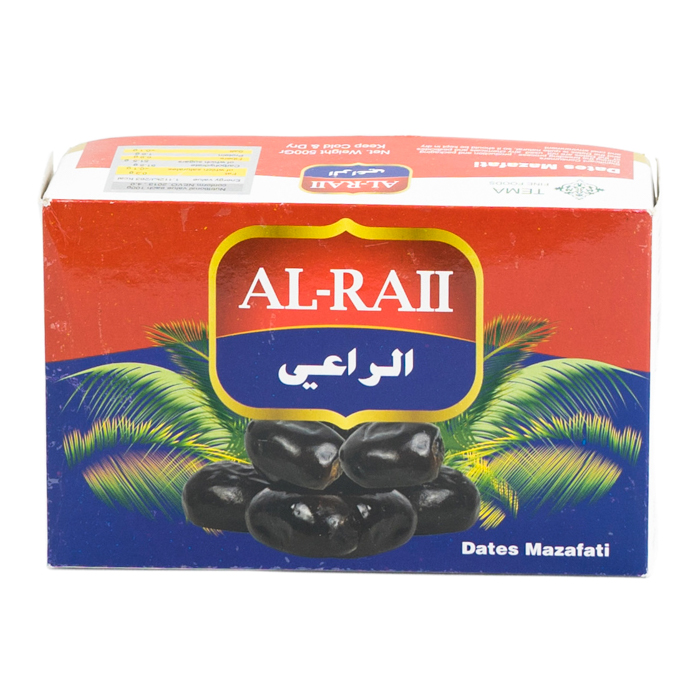Kurma Ajwa, often prized as the "date of the Prophet," stands apart from various other day ranges due to its distinct taste and appearance. While its unique features are partly credited to its genetic makeup, the farming procedure also plays an essential duty fit its final kind.
Soil and Climate: The Structure of Taste
The farming of Kurma Ajwa is mainly concentrated in the Al-Madinah region of Saudi Arabia, an area honored with certain weather and dirt problems excellent for this day range. The arid climate, identified by heats and low moisture, develops an atmosphere that promotes the development of sugars and other compounds in charge of Ajwa's rich taste. The dirt in the region is commonly sandy and well-drained, enabling optimal origin development and nutrient uptake. These environmental elements contribute significantly to the date's special preference account.
Pollination: A Fragile Equilibrium

Pollination is an essential stage in the cultivation of any kind of day selection, and Ajwa is no exception. Standard techniques, such as hand pollination, are usually utilized to guarantee optimum fruit set and top quality. The careful choice of plant pollen from suitable day hand varieties is vital for preserving the preferred attributes of Ajwa dates.
Growing Practices: Supporting Excellence
A number of growing practices add to the distinctive high qualities of Kurma Ajwa:
Trimming: Routine pruning is essential for maintaining the health and wellness and productivity of the date hand trees. https://mcintyresalling.livejournal.com/profile involves getting rid of dead or ineffective branches to direct resources towards fruit development.
Irrigation: While the region is dry, correct watering is critical during certain development stages. Overwatering or underwatering can adversely influence fruit quality.
Fertilization: Nutrient management is vital for ideal fruit growth. Using official site of plant foods guarantees that the day palms obtain the essential nutrients without jeopardizing soil health.
Bug and Condition Management: Shielding the date palms from insects and conditions is crucial for maintaining fruit quality. Integrated bug monitoring strategies are often utilized to decrease making use of damaging chemicals.
Gathering and Post-Harvest Handling
The timing of the harvest is crucial for making best use of the taste and appearance of Ajwa dates. The days are commonly collected when they reach their full size and develop a deep, abundant color. Mindful handling throughout harvesting and transport is important to protect against damage and protect the fruit's high quality.
Drying out and Processing
Unlike some other day ranges, Ajwa days are usually consumed fresh. However, some manufacturers may decide to dry out the days to extend their service life. The drying process entails careful control of temperature level and moisture to protect the date's taste and texture.
The Function of Genes

While cultivation practices significantly influence the high quality of Kurma Ajwa, it's necessary to recognize the function of genes. The one-of-a-kind hereditary make-up of this day selection is the foundation for its unique attributes. However, optimal cultivation conditions are necessary to fully express these genetic characteristics.
Final thought
The cultivation process of Kurma Ajwa is a complex interaction of environmental variables, agricultural methods, and genetic makeup. The combination of the arid environment, typical farming methods, and careful post-harvest handling add to the growth of the day's unique taste and texture. By recognizing the variables that influence the cultivation of this valued fruit, consumers can appreciate the workmanship and devotion associated with generating top notch Kurma Ajwa.
Inevitably, the farming procedure is a testament to the harmonious relationship in between human beings and nature, causing a product that has been valued for centuries.
